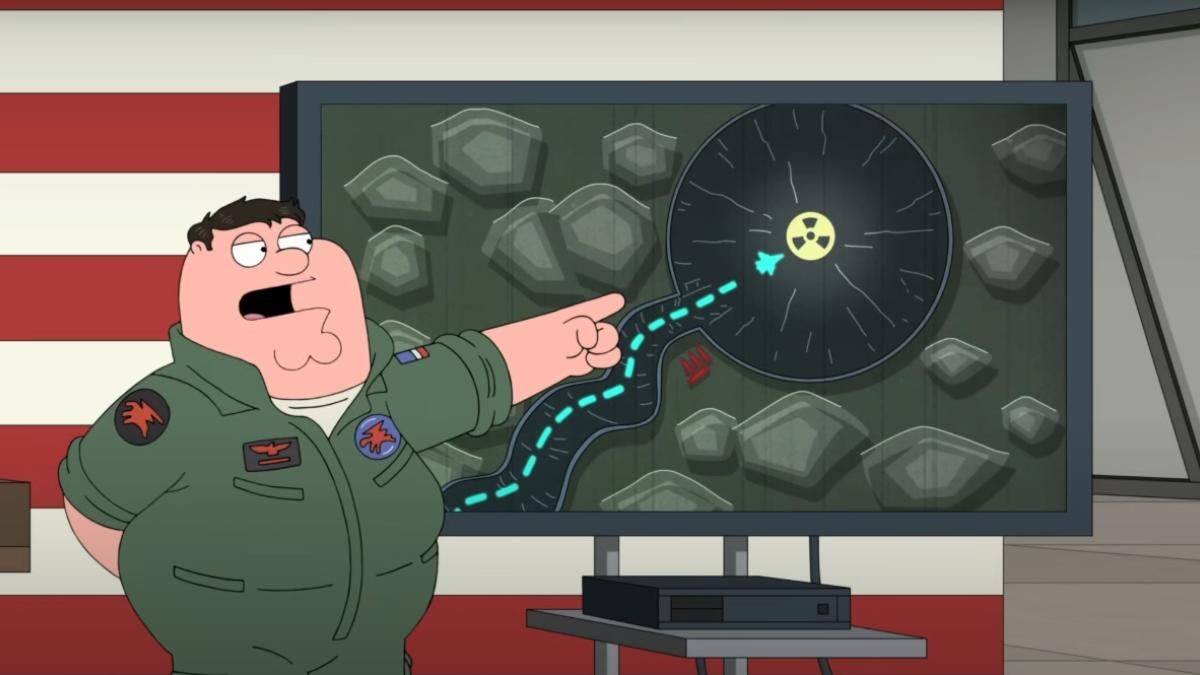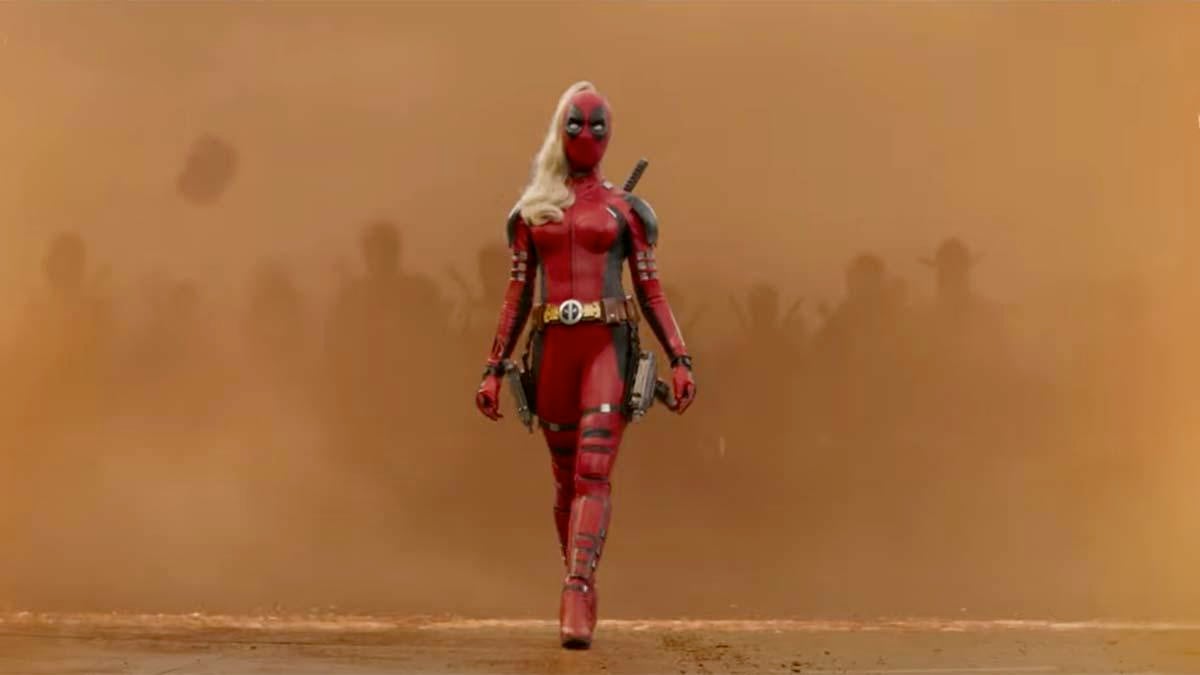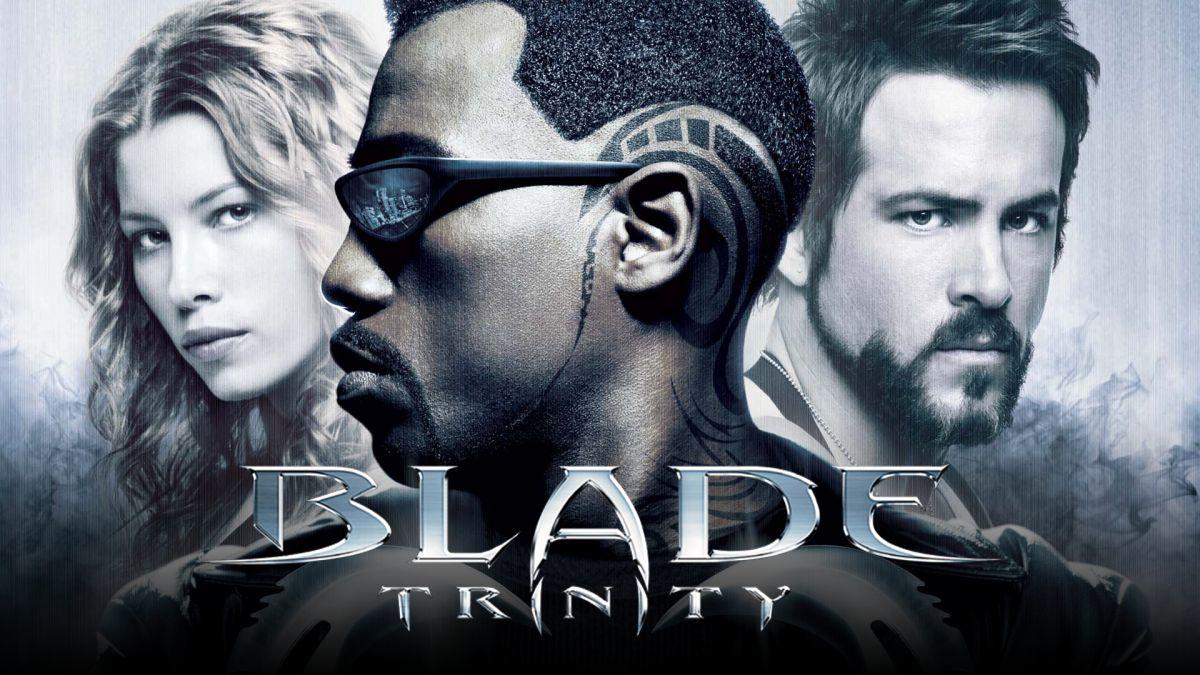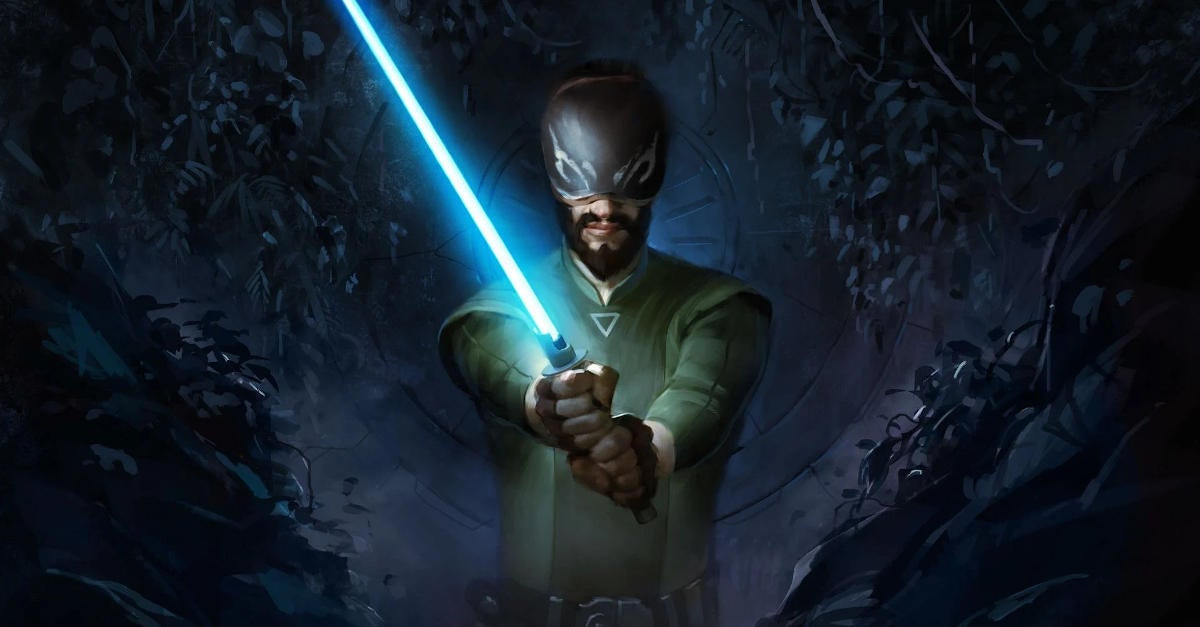Falcon and the Winter Soldier: Why US Agent Is Too Real in 2021 America
The Falcon and the Winter Soldier makes its long-awaited debut this weekend, and fans are curious [...]
The Falcon and the Winter Soldier makes its long-awaited debut this weekend, and fans are curious to see exactly what it brings to the ever-expanding Marvel Cinematic Universe. In addition to continuing the stories of Sam Wilson/Falcon (Anthony Mackie) and Bucky Barnes/Winter Soldier (Sebastian Stan), the series is expected to weave in a wide array of new and returning characters from the franchise. One of the most highly anticipated — in part because his role in the marketing has been relatively scarce — has been John Walker/US Agent (Wyatt Russell). While Walker has only appeared in a few split seconds of the series' trailers, his role in the series is expected to be significant — and one that, depending on how it's executed, could be uniquely relevant to the political landscape of 2021 America.
Created by Mark Gruenwald and Paul Neary, Walker first made his comic debut in 1986's Captain America #323, as the antagonistic Super-Patriot. Walker quickly made a splash across his first appearance, organizing a rally where he publicly and eloquently criticizes the ideals of Steve Rogers/Captain America, only to be attacked (in a staged fight) by a supposed group of pro-Cap extremists. After successfully going toe-to-toe against Steve — and becoming a national celebrity after publicly stopping a terrorist attack — Walker is chosen by government officials to succeed Steve in the Captain America mantle and quickly accepts the offer. While Walker's run as Captain America only lasted roughly twenty issues, he continued to make an impact on the Marvel universe, namely as the antihero U.S. Agent. Along the way, the character began to represent a starkly different take on the patriotic nature of his superhero mantle — a man who had been eager to prove himself as a hero but did so through means that were occasionally manipulative or violent.

Given how little Walker has been featured in The Falcon and the Winter Soldier's marketing thus far, there's really no telling exactly how he will be adapted into the series (although the brief shot of him appearing at some sort of bombastic event on a football field feels like a clear callback to the rally in his first appearance). Other details surrounding the series have hinted at a lot more similarities to his comic counterpart — a brutal fighting style, and a unique angle in the idea of who "gets" to wear Steve Rogers' stars and stripes after his retirement in Avengers: Endgame. Within the context of the MCU itself, it feels impossible to imagine Walker debuting at any other time — following the events of Endgame, the US government would realistically need another star-spangled hero to keep the peace, all while "cleaning up" the occasionally-controversial public image that Steve had accumulated over the years. And as with Walker's comic tenure, which has resonated with readers who wanted a more unpredictable, flawed, action-heavy take on Captain America, it's safe to assume that his television counterpart will have qualities that viewers empathize with (especially since Marvel generally has a penchant for making even its most tyrannical villains feel human and three-dimensional). But when you juxtapose that with the actual plot of The Falcon and the Winter Soldier — in which Steve's largely-disenfranchised supporting cast tries to carry on his legacy in a fractured world — Walker standing in the way of that has the potential to become problematic, or at very least, oddly prescient.
When he was originally created smack-dab in the middle of the Reagan administration, Walker represented an intersection of masculinity and chauvinism that hadn't been associated with Captain America — something that Walker himself points out in his first appearance, publicly calling Steve "out of touch with America" and with "the new spirit of patriotism sweeping" the country. Even as Walker gradually did more heroic things as Captain America, he still embodied (as Gruenwald put it in a 1981 interview with Amazing Heroes) a "Rambo-ized" version of the mantle which fans had been clamoring for for years. Across his run as both Captain America and US Agent, certain creative teams were able to take that edict of Walker's character and deconstruct it, in ways that were both meaningful and relevant to the time. But when you pull the fundamentals of his character forward into the present day, there's room for things to potentially be flattened, or even celebrated, in a way that goes against the original role of the character.
This disconnect — between the societal context a comic book character or concept was shaped by, and the people who misinterpret it or weaponize it in the present day — is nothing new. That conversation has surrounded The Punisher for decades but has hit a fever pitch in recent years, as his iconic skull logo has been co-opted by military personnel and police, so much so that it was addressed in-universe in a 2019 comic. Multiple superhero symbols also appeared on paraphernalia at the deadly January 6th riot at the U.S. Capitol, leading to condemnations from multiple Punisher comic writers, The Punisher star Jon Bernthal, and the son of Captain America co-creator Jack Kirby. Even with regards to the MCU, there's been a unique can of worms surrounding HYDRA since the group was popularized in Captain America: The Winter Soldier and Agents of SHIELD, with fans still buying merchandise and getting tattoos for what is blatantly a fictional Nazi and Neo-Nazi organization. With The Falcon and the Winter Soldier being many fans' first introduction to John Walker, it doesn't seem impossible that a similar sort of surface-level adoration could happen, even as the character is portrayed doing violent or controversial things. When coupled with the inherent sense of Walker "reclaiming" patriotism throughout his comic canon — and the ways that patriotism and pop culture symbolism have been made divisive for the past five years of American life -- that could then take on a whole larger meaning.
As The Falcon and the Winter Soldier premieres, there will realistically be fans who gravitate towards or relate to John Walker — and that's perfectly okay. If Marvel plays their cards right (both in the series and in his future appearances, whether in a long-rumored Thunderbolts spinoff or otherwise), Russell's John Walker can paint a fascinating portrait of a man who reconciles with his own sense of patriotism and masculinity and reclaims it in a way that can inspire instead of divide.
That being said, it's important to recognize the bedrock that the character is founded on, and what that bedrock means within the politics of today's world. While the Marvel Cinematic Universe has succeeded at being a form of escapism, it also has reflected our reality at moments that we didn't know we needed — and it certainly seems like John Walker's debut could be one of those moments.
New episodes of The Falcon and the Winter Soldier debut every Friday exclusively on Disney+ beginning Friday, March 19th.
Want to learn more about the latest Marvel Studios series? Check back on ComicBook CRAM every day leading up to the premiere of The Falcon and the Winter Soldier, and click here for even more articles and videos to find out everything you need to know about the new show!
If you haven't signed up for Disney+ yet, you can try it out here. Note: If you purchase one of the awesome, independently chosen products featured here, we may earn a small commission from the retailer. Thank you for your support.




